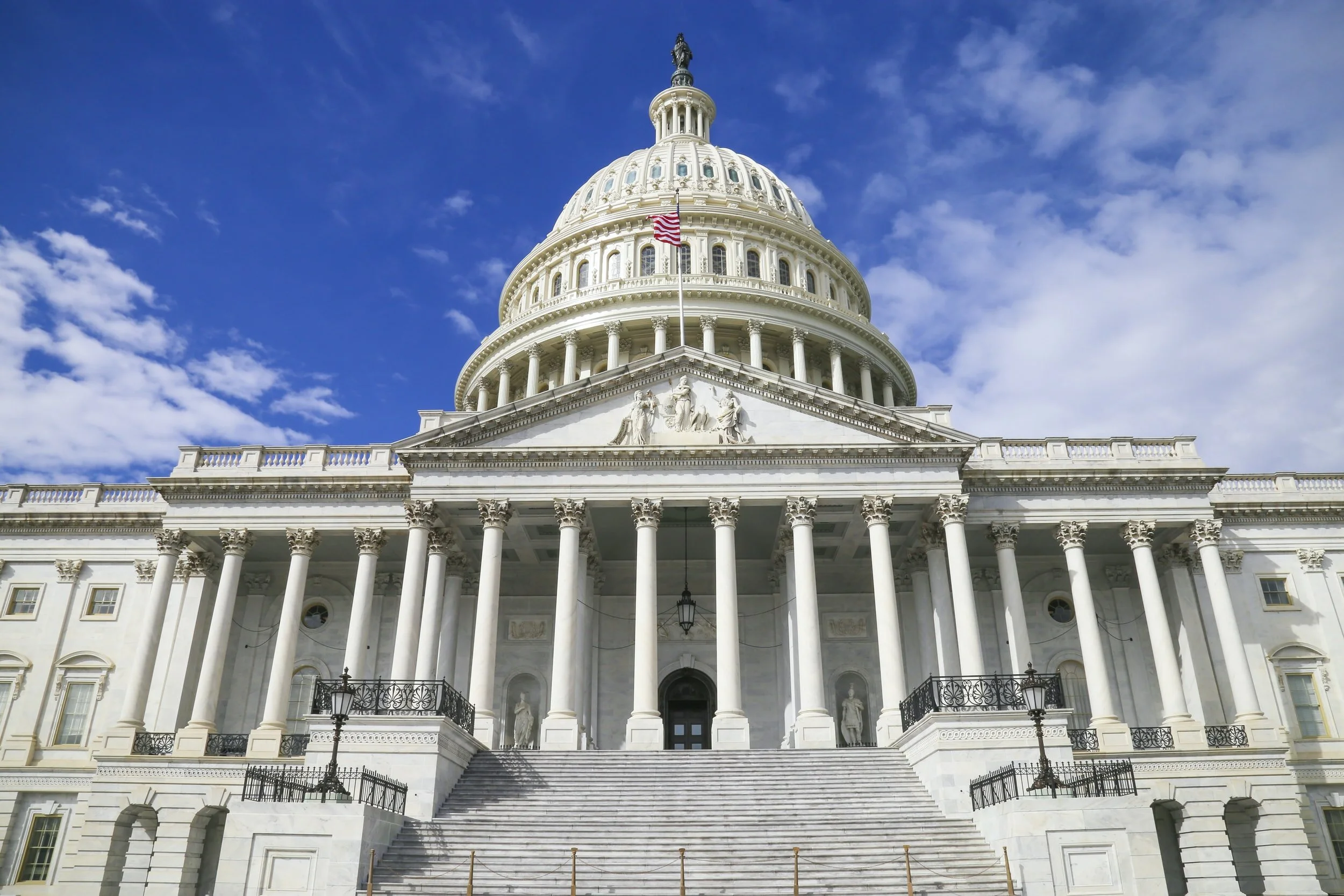Senate Bill Would Boost Funding for Organic
The Senate Committee on Appropriations has finished work on an agriculture spending bill with significant wins for organic.
Increased funding for the USDA National Organic Program: The bill would boost funding for the National Organic Program (NOP) at the U.S. Department of Agriculture (USDA) from $18 million to $22 million annually. NOC strongly advocated for this $4 million boost in funding. The NOP is responsible for overseeing the growing organic industry, which stands at nearly $62 billion in sales annually in the U.S. There are currently more than 45,000 organic farms and operations in 153 countries. The NOP is charged with ensuring that the USDA organic standards are enforced in a uniform way around the globe and investigating complaints of fraud.
Stronger Enforcement for Soil Health and Pasture Rule Requirements: In addition to increased organic program funding, the report accompanying the bill urges the NOP to increase enforcement efforts to ensure full compliance with the soil health and pasture requirements of USDA organic standards. NOC had asked Congress to direct USDA to strengthen soil health and pasture requirements in the organic program to help maximize the climate benefits of organic agriculture. The use of soil-building practices on organic farms helps to sequester carbon and increases resilience, allowing organic systems to tolerate, adapt to, and recover from extreme weather conditions.
Increased Funding for Organic Research: The bill includes a boost in funding for organic research through the Organic Transitions Program, which is slated to receive a total of $7.5 million annually. The bill directs USDA to use the additional funding to focus on research topics related to organic agriculture and climate change mitigation. The bill would also boost funding for the Sustainable Agriculture Research and Education (SARE) program to $45 million annually, and directs USDA to prioritize funding for plant and animal breeding efforts.
Like the House Agriculture Spending Bill, the report accompanying the Senate bill draws attention to the need to fix problems and funding shortfalls with the organic certification cost share program and allocates additional funding for organic data collection activities.
What’s Next?
While the House has already passed their agriculture spending bill, it is not yet clear if and when the full Senate will vote on the bill. Congress will likely need to pass a short-term stopgap measure (known as a ‘Continuing Resolution’) to fund federal agencies before the new fiscal year begins on October 1.
Unfortunately, none of these wins for organic agriculture will be realized until the Senate passes a bill, the House and Senate reconcile differences in the two bills, and the President signs an agriculture spending bill (likely as part of a broader package of spending bills) into law.
NOC appreciates the leadership of Senate Appropriations Committee Chair Leahy and Subcommittee Chair Baldwin for their strong support of organic agriculture.

